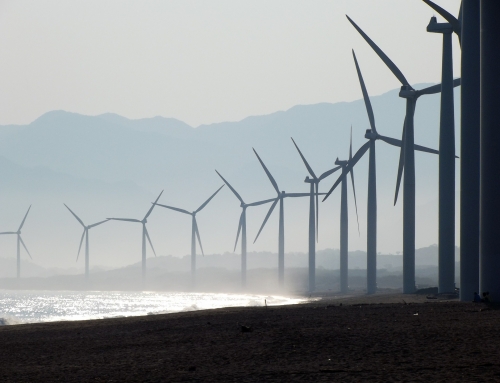By Stewart Dalby
A year ago in 2022 British Gas, a part of the Centrica group and a member of the Big Six cartel of retail energy suppliers which dominated energy supply to the tune of 70 per cent of consumers announced that from January 1 to June 30, 2022 it had made a gross profit of £1.3billion in the six months.
Given that British Gas had previously pleaded poverty to people at Ofgem the government regulator, what was it going to do with all this money. Was it going to invest in gas reserves? Or was going to go give relief to the poorest customers. Well, none of this happened. Instead, it became public that Chris O’Shea, CEO of British Gas received an annual salary £2 million. On top of that a lot of profits went to share-holders.
Many people felt that this kind of disbursement of the profits to the directors and share-holders is just sheer profiteering. Fast forward to Wednesday February 15 this year and you will find that Centrica, and by extension British Gas announced that their preliminary results for the whole of 2022 amounted to £3.3bn. This is easily double the six months interims ended on June 30.
Since shareholders and poor customers therefore can easily see that British Gas are in very good shape financially they can perhaps conclude that the profiteering might intensify. Moreover, they might also conclude that intensified profiteering might easily augment a perfect storm. “A perfect storm is a critical or disastrous situation brought on by a concurrence of various factors”, according to Google.
The month of February, which is where we are now, is clearly seeing a mild form of a perfect storm on the energy front which is not welcome. Unfortunately, however BG has brought in some new bad factors. The company employed contractors who forced their way into poor people’s homes to try to redeem unpaid debts and also install pre-payment meters.
This is bad enough as installing prepayments is a form of extortion to get people to pay their bills. But there is more. On the front page of the Business section of the Sunday Times edition of February 12 there was a blazing headline which said: “Scandal of the energy brokers”. In a sub-title the story went on : “Middlemen probed over payments from power giants (ie the cartel of Big Six suppliers) signing up SMEs ( small and medium businesses). The energy regulator is gearing up for a crackdown on energy brokers that are ripping off small businesses during the cost- of- living crisis.
Ofgem is understood to be working with the government to look at options to regulate brokers that arrange electricity and gas contracts for small businesses. It is further understood that London lawyers Marcus Parker and Leigh Day may begin a potential class-action lawsuit against suppliers not disclosing commissions paid to brokers.
If all this is not one big perfect storm I don’t know what is. Perhaps it is a great calamity.

